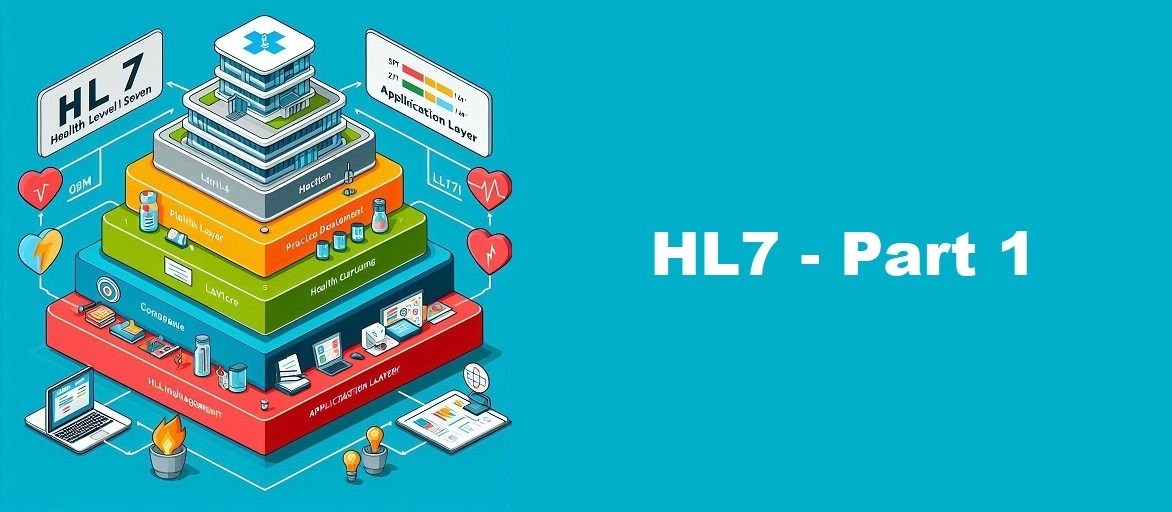
The Significance of Disclosing Residual Risks in Risk Management
The purpose of disclosure of residual risk is to inform stakeholders, decision-makers, or the general public about the remaining risks that could potentially impact a project, product, or organization, even after risk mitigation measures have been implemented. Residual risk refers to the level of risk that remains after risk management efforts have been applied.
By disclosing residual risk, organizations can achieve several important objectives:
Transparency: It promotes openness and transparency in risk management practices, providing stakeholders with a clear understanding of the potential risks that still exist.

